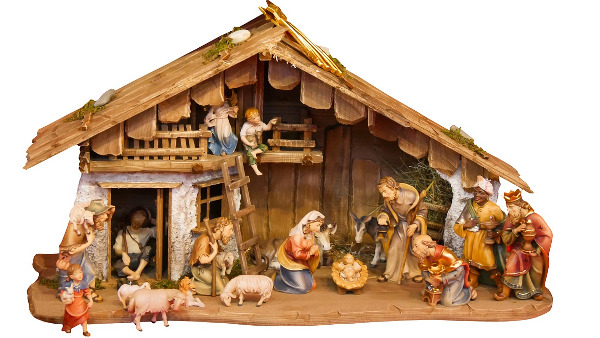The Epiphany is a great celebration that cannot be separated from the celebration of the Nativity. It has a deep theological meaning: Catechesis with P. Justolat E: Rafaralahimboa
In the Christian vocabulary, the word “epiphany” means the manifestation of God to the humans, in the person of Jesus Christ. In Orient, the Epiphany was celebrated on January 06 in the VI° Century. It is associated For a long time it was associated with the feast of the Nativity, but after consultation, the Eastern and Western Churches agreed to celebrate Christmas together on 25 December, and the feast of the Epiphany on 6 January.
For the Church of Orient, the Manifestation of Lord is centred in the celebration of Baptism of Christ, because this baptism is the occasion of a manifestation of God the Father:
In Occident, the celebration is related to the visit of the Three Magi, associated with the Nativity celebrated a few days earlier. This attachment was all the more marked in the Gospel of St. Matthew relates the coming of the Magi (Mt 2:1-12). The Latin liturgy, for its part, therefore, sought to highlight the profound meaning of Matthew's account: these wise men from the Orient, these foreigners in Israel, are the manifestation of the universal character of the salvation brought by Christ. This is what the Western liturgy celebrates today in the days following Christmas.
In the Orient, feast of Epiphany is always celebrated on January 06, however in Occident the Sunday after the 1st January.








